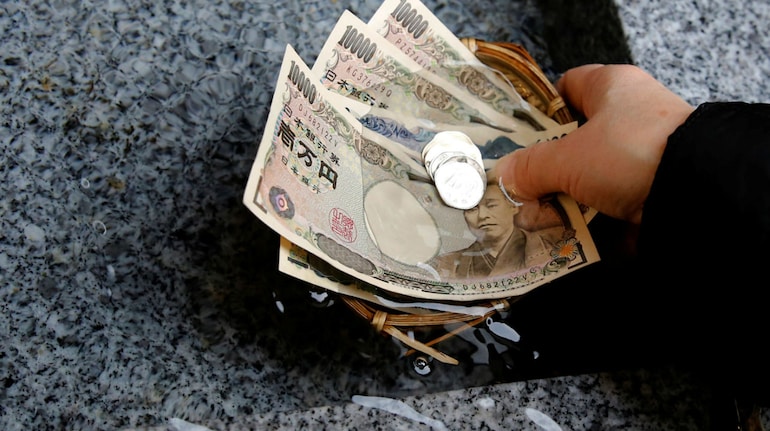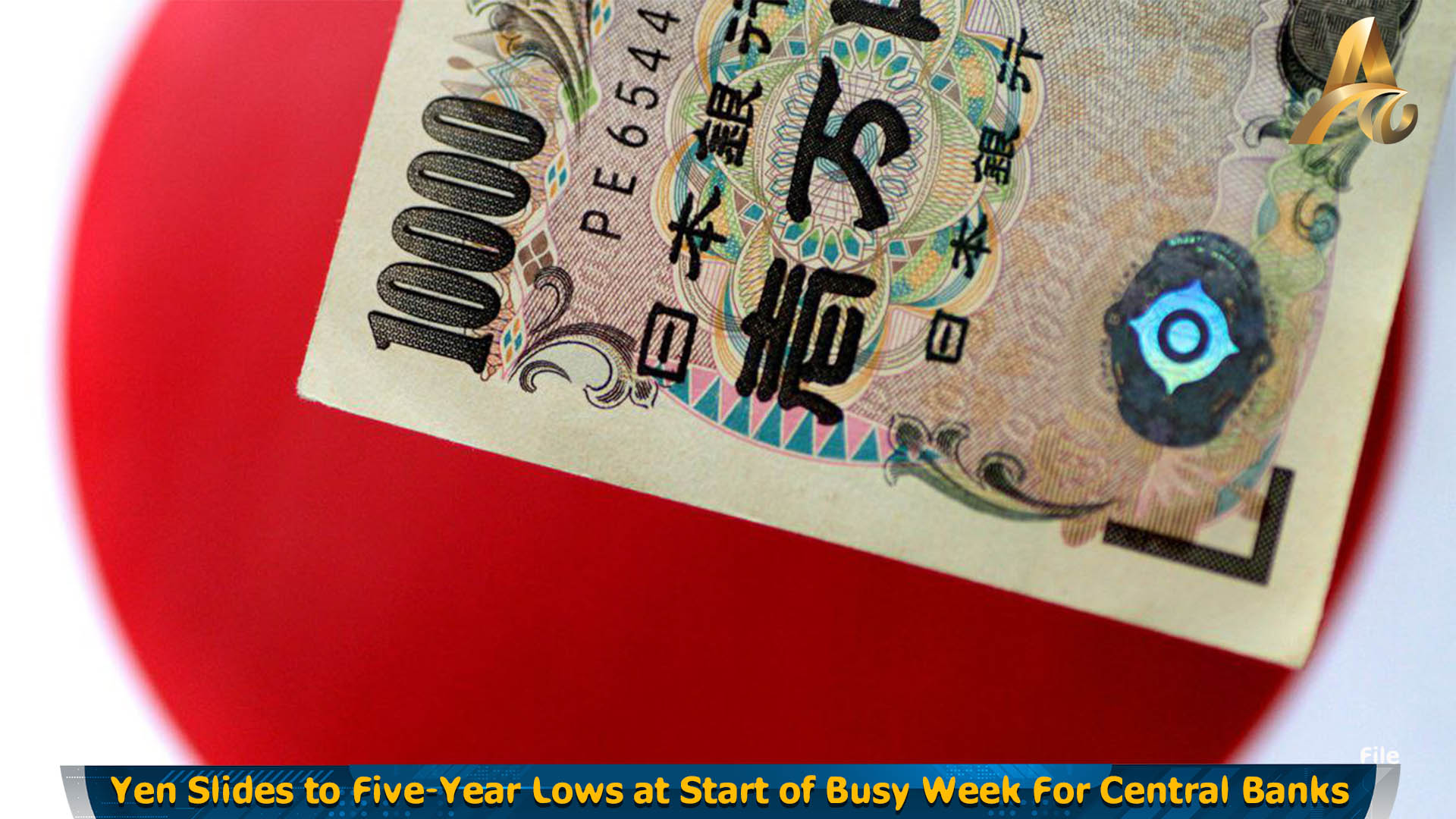INTERNATIONAL: The yen slid to a new five-year low on Monday, ahead of a bumper week of central bank meetings around the world which will almost certainly reaffirm the Bank of Japan's position as one of the last dovish central banks standing.
Also weighing on the yen and fellow safe haven the Swiss franc, were hopes for progress in Russian-Ukraine peace talks, after the U.S. Deputy Secretary of State said Russia is showing signs it might be willing to have substantive negotiations over Ukraine.
The dollar climbed to as much as 117.61 yen on Monday morning, its highest since January 2017, extending gains from the previous week which Barclays analysts attributed to a decline in demand for safe havens as equities rallied.
The U.S. currency also gained on the Swiss franc in early trade, hitting 0.9363, its highest since late November.
"The BOJ’s dovish bias, in contrast to the expected Fed liftoff, should continue to support dollar-yen alongside negative terms of trade impact from high energy costs," Barclays said, adding there is "no clear resistance until the end-2016 high of 118.6"
The U.S. central bank's rate-setting Federal Open Market Committee meets this week and is all but certain to begin hiking interest rates from their pandemic lows, with investors also watching projections for the frequency and size of future rate increases.
This is putting bonds under pressure and the yield on benchmark 10-year Treasuries rose as much as six basis points early Monday to a new month high of 2.06%
In contrast, the BOJ is set to remain dovish at its meeting this week as policymakers try to boost the country's weak economic recovery from the pandemic.
Also meeting this week is the Bank of England with markets expecting a further 25-basis-point rate hike.
How the Fed and ECB's rate hikes will affect sterling "will depend in large part on their post-meeting statements and the FOMC’s press conference. With the UK more exposed to the Russian supply shock than the U.S., we think the risks lies with disappointment by the BoE and a weaker GBP down to 1.2894," wrote CBA analysts in a note.
Sterling was last hunkered down at $1.3046.
The euro was at $1.0935, helped slightly by the hopes of a negotiated end to the war in Ukraine, but still bruised by the impact of the war on eurozone growth.
The dollar index was steady at 98.98.
Commodity-linked currencies lost a little ground having surged this month as oil, grain, and metals prices rose to multi-year highs.
The Australian dollar was on the back foot at $0.7276 while the New Zealand dollar was at $0.6799.
Bitcoin was drifting around $37,800, after a quiet weekend for the volatile digital asset.























